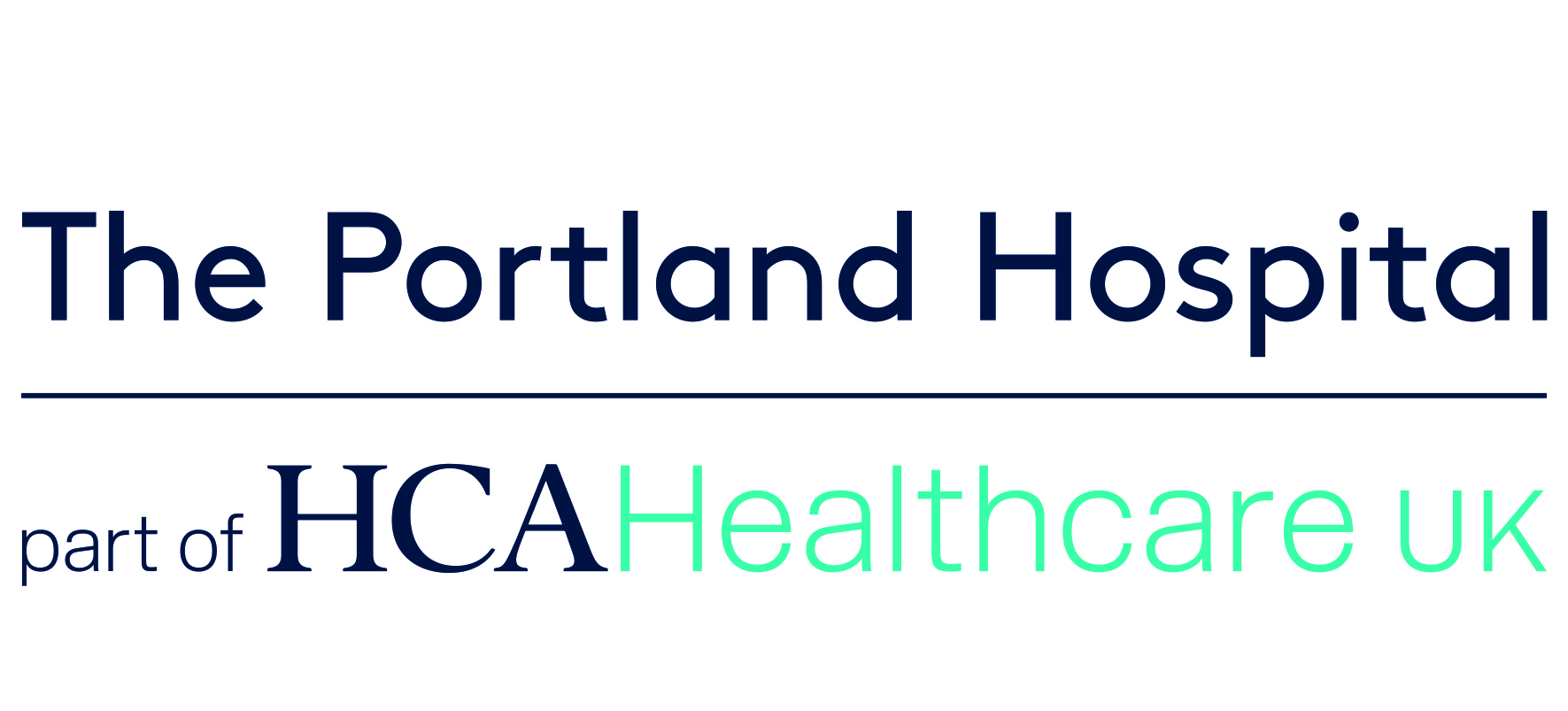
Around 70% of pregnant women suffer from normal morning sickness.
Small & frequent meals can help.Extreme morning sickness affects around 1% of pregnant women.
See your doctor immediately if you are concerned, since the dehydration can affect you and your baby.So-called morning sickness is a really common during pregnancy. It’s characterized by nausea and vomiting and, while it can be worst in the first trimester (12 weeks), some women suffer from it throughout their pregnancy. Don’t be fooled by thinking that morning sickness is only confined to the morning, as many women will feel symptoms all day. It is caused by changes in your hormones, which may also give you a heightened sense of smell and taste. You may be a lot more sensitive to things that previously didn’t bother you. One theory is that these heightened senses allow you to avoid toxins that may damage your developing baby, especially in the vulnerable first 12 weeks.
In order to help manage symptoms of morning sickness try eating small, frequent meals. Always having a little food in your stomach can help alleviate the symptoms, as can an adequate fluid intake and plenty of sleep. Although not scientifically based, some women find fresh ginger or even a ginger biscuit helps.
A few women experience a very severe version of morning sickness called hyperemesis gravidarum and may require hospital treatment.
Around 70 percent of women will experience morning sickness to some degree during their pregnancy. For most women, it is an unpleasant but bearable experience that recedes by the end of the first. Some women, however, experience excessive nausea and vomiting. This is a condition called hyperemesis gravidarum (HG) and affects around one percent of pregnant women. It came to the public’s attention more recently when the Duchess of Cambridge was diagnosed with hyperemesis gravidarum during her first pregnancy.
You will know you have HG, not ‘normal’ morning sickness – if you can’t keep any food or drink down, if you are vomiting many times a day (sometimes up to 50 times a day) without respite, if you feel light-headed or dizzy (your blood pressure may lower), and/or if you are losing weight. You may also experience constipation as a result of the dehydration, headaches, periods of incontinence, and/or excessive saliva production.
It’s important to seek medical help immediately since dehydration is a common result and it can affect your health, and that of your baby’s, as neither of you will be receiving the nutrients you need. There are treatments that might help you such as anti-sickness drugs, vitamins, and steroids. If HG is very severe you may need to be admitted to hospital for intravenous fluids and feeding. The earlier you start the treatment, the more likely it is to be effective. If you receive prompt treatment, the good news is that your baby is unlikely to be affected.
For a list of useful contact details for The Portland Hospital, please click HERE.
